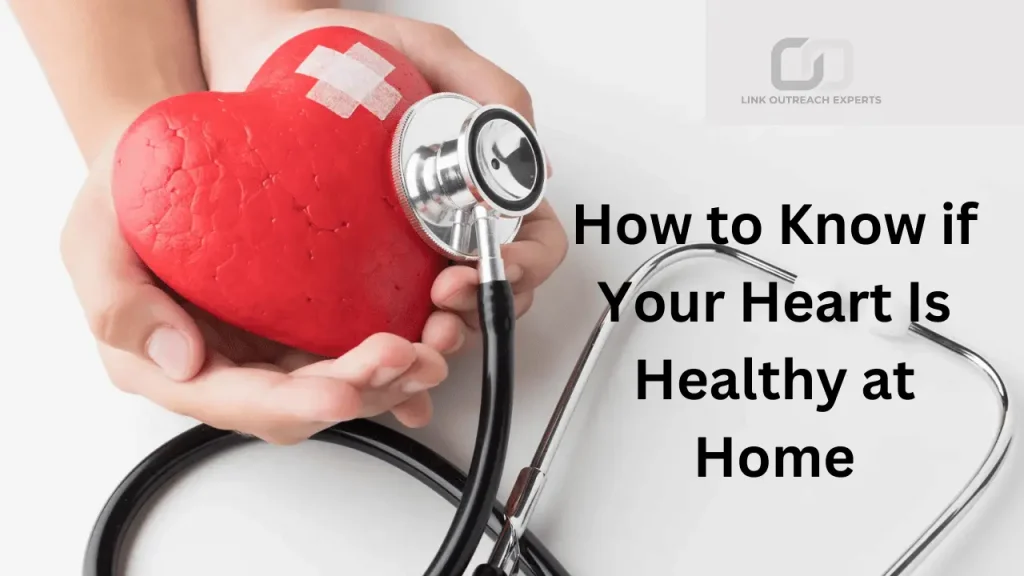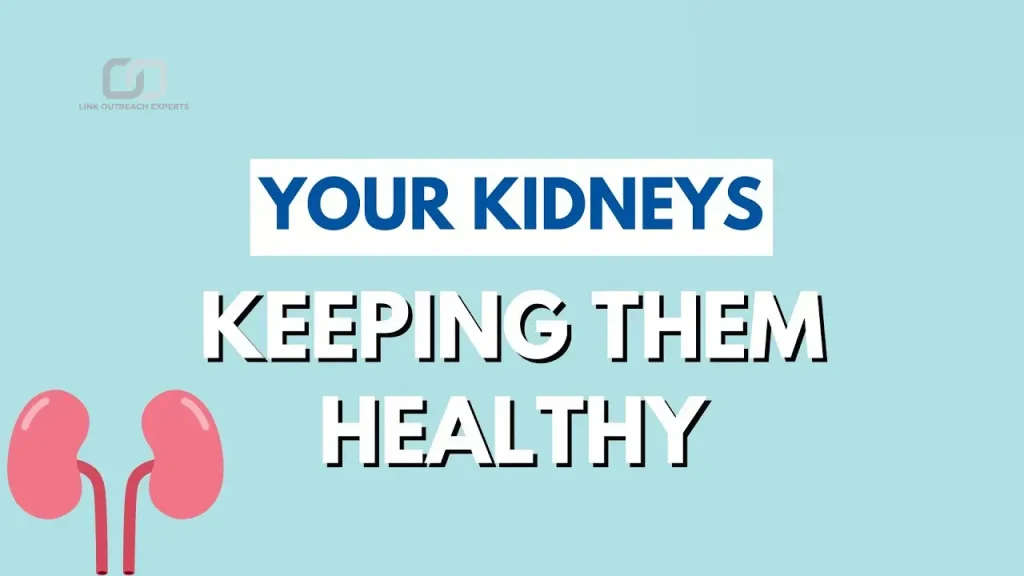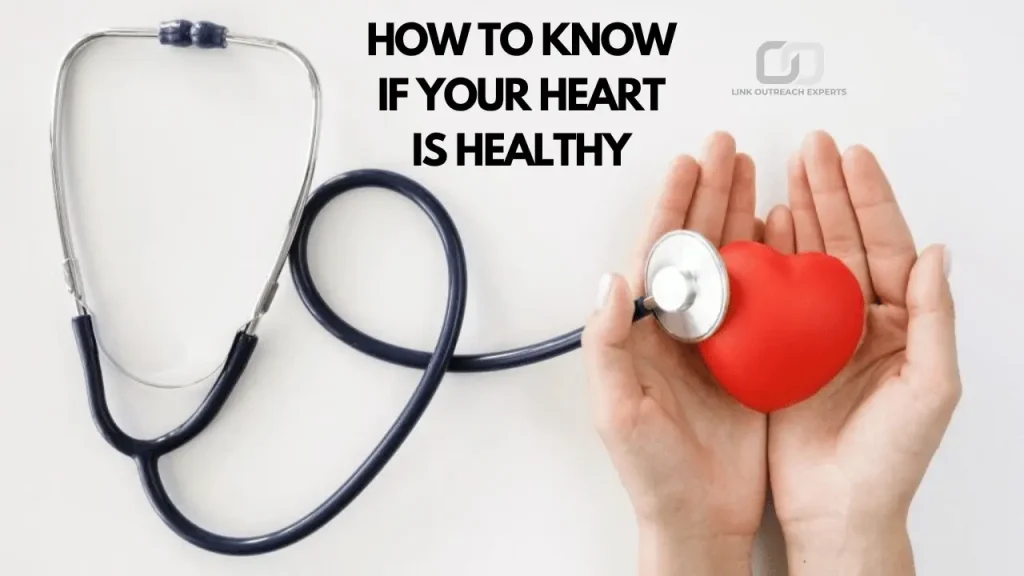Checking your heart health at home is important for staying on top of your well-being. By monitoring your heart, you can catch early signs of any issues and take action before they become serious. Simple at-home checks, like measuring blood pressure and heart rate, give you a better understanding of how your heart is functioning. This can help you maintain a healthy lifestyle and prevent heart disease.
Home heart health assessments are easy to do and don’t require expensive equipment. You can use a blood pressure monitor or check your pulse regularly. These simple tests help you keep track of important health indicators. If anything unusual shows up, it’s a good idea to talk to your doctor.
Table of Contents
Why Heart Health Is Important
Heart health is important because the heart is the body’s engine. It pumps blood, delivers oxygen, and keeps all organs working properly. A strong heart allows you to stay active, perform daily tasks, and maintain good energy levels. If the heart is not healthy, it can lead to fatigue, dizziness, and difficulty breathing, making even simple activities harder.
Poor heart health increases the risk of serious conditions like high blood pressure, heart attacks, and strokes. These problems can develop over time without noticeable symptoms. That’s why monitoring heart health regularly is important. Early detection of any issues allows you to take action before they become serious.
Taking care of your heart involves simple lifestyle habits. Eating a balanced diet, exercising regularly, and managing stress help keep the heart strong. Avoiding smoking and limiting processed foods also play a big role in heart health.
Regular check-ups and home monitoring can help you stay aware of your heart’s condition. Checking your blood pressure, heart rate, and overall fitness levels at home can give you valuable insights. A healthy heart leads to a better quality of life, so it’s important to make heart care a daily priority.
Signs of a Healthy Heart
- Normal Heart Rate: A healthy heart beats at a steady rate, usually between 60 to 100 beats per minute when at rest. Your heartbeat should be regular, without skipping or extra beats. A strong and steady pulse indicates that your heart is functioning properly.
- Healthy Blood Pressure: Normal blood pressure is around 120/80 mmHg. This means your heart is pumping blood efficiently without putting extra strain on your arteries. If your blood pressure is too high or too low, it could be a sign of potential heart issues.
- Good Energy Levels: A strong heart provides enough oxygen to keep you active throughout the day. If you can perform daily tasks without feeling exhausted or short of breath, it means your heart is working well. Normal breathing, even after moderate activity, is another sign of good heart health.
- Fast Recovery After Exercise: If your heart rate returns to normal within a few minutes after physical activity, it shows that your heart is strong and efficient. Quick recovery indicates that your heart can handle stress and pump blood effectively.
How to Check Heart Health at Home
Blood Pressure Monitoring
Checking your blood pressure at home helps track your heart’s health over time. Use a digital blood pressure monitor and measure it while sitting calmly with your arm supported. A normal reading is around 120/80 mmHg, while consistently high readings may indicate hypertension, increasing the risk of heart disease. Low blood pressure can also be a concern, leading to dizziness and fatigue. Keeping a record of your readings can help detect any patterns or irregularities.
Heart Rate Check
Your heart rate reflects how efficiently your heart is working. You can check it by feeling your pulse on your wrist or neck and counting the beats for 60 seconds. A normal resting heart rate is between 60 to 100 beats per minute. If your pulse is too fast, too slow, or irregular, it could signal heart issues like arrhythmia. Regularly checking your pulse helps you notice any unusual changes.
Breathing and Physical Activity Test
Your ability to perform daily activities without difficulty is a sign of a healthy heart. If you can walk, climb stairs, or do moderate exercise without shortness of breath or dizziness, your heart is likely functioning well. If you often feel exhausted or struggle to catch your breath even with light activity, it could indicate reduced heart efficiency. Monitoring your breathing and endurance levels helps you stay aware of any potential concerns. Your kidney health also affects heart function.
Observing Swelling and Skin Color
Swelling in the feet, ankles, or hands can be a sign of poor circulation, which may indicate heart problems. If the heart struggles to pump blood effectively, fluid can build up in the body. Additionally, pale or bluish skin, especially in the fingers or lips, can mean low oxygen levels in the blood. If you notice these changes frequently, it’s a good idea to seek medical advice.
Lifestyle Habits for a Healthy Heart
Eating a Heart-Healthy Diet
A balanced diet plays a big role in keeping your heart strong. Eating fruits, vegetables, whole grains, and lean proteins helps maintain healthy cholesterol and blood pressure levels. Avoiding processed foods, excess salt, and sugary drinks reduces the risk of heart disease. Healthy fats, like those from nuts, fish, and olive oil, support good heart function.
Regular Physical Activity
Exercise keeps your heart muscles strong and improves blood circulation. Activities like walking, jogging, cycling, or swimming help regulate blood pressure and heart rate. At least 30 minutes of moderate exercise five times a week can significantly lower the risk of heart problems. Staying active also helps with weight management, which is essential for heart health.
Managing Stress Levels
High stress can negatively affect the heart, leading to increased blood pressure and irregular heart rhythms. Practicing relaxation techniques such as deep breathing, meditation, or yoga helps manage stress effectively. Taking breaks, engaging in hobbies, and maintaining social connections also contribute to a healthier heart.
Getting Enough Sleep and Staying Hydrated
Quality sleep is essential for heart health, as poor sleep can increase the risk of high blood pressure and heart disease. Aim for 7-9 hours of sleep each night to allow your body to recover. Staying hydrated is equally important since dehydration can strain the heart and affect blood circulation. Drinking enough water throughout the day keeps your heart functioning properly.
When to See a Doctor
If your blood pressure stays too high (above 140/90 mmHg) or too low (below 90/60 mmHg), it could be a sign of heart problems. Occasional changes are normal, but if you frequently feel dizzy, lightheaded, or get headaches, it’s best to consult a doctor. Ignoring these signs can lead to more serious health risks.
An irregular or rapid heartbeat is another reason to seek medical advice. If your heart beats too fast, too slow, or skips beats often, it could indicate arrhythmia. While occasional irregularities can be harmless, frequent episodes may need medical attention to prevent complications.
Shortness of breath or chest pain should never be ignored. If you struggle to breathe after mild activity or feel pressure in your chest, it could mean heart disease or blocked arteries. These symptoms can be dangerous, and immediate medical care is necessary if they become severe.
Conclusion
Checking your heart health at home is simple and important. Monitoring your blood pressure, heart rate, and energy levels helps you notice any warning signs early. Staying active, eating healthy, and managing stress also keep your heart strong. Small lifestyle changes can make a big difference.
If you experience chest pain, irregular heartbeat, or constant fatigue, don’t ignore it. These signs may indicate heart problems that need medical attention. Regular check-ups with a doctor ensure your heart stays in good condition.


